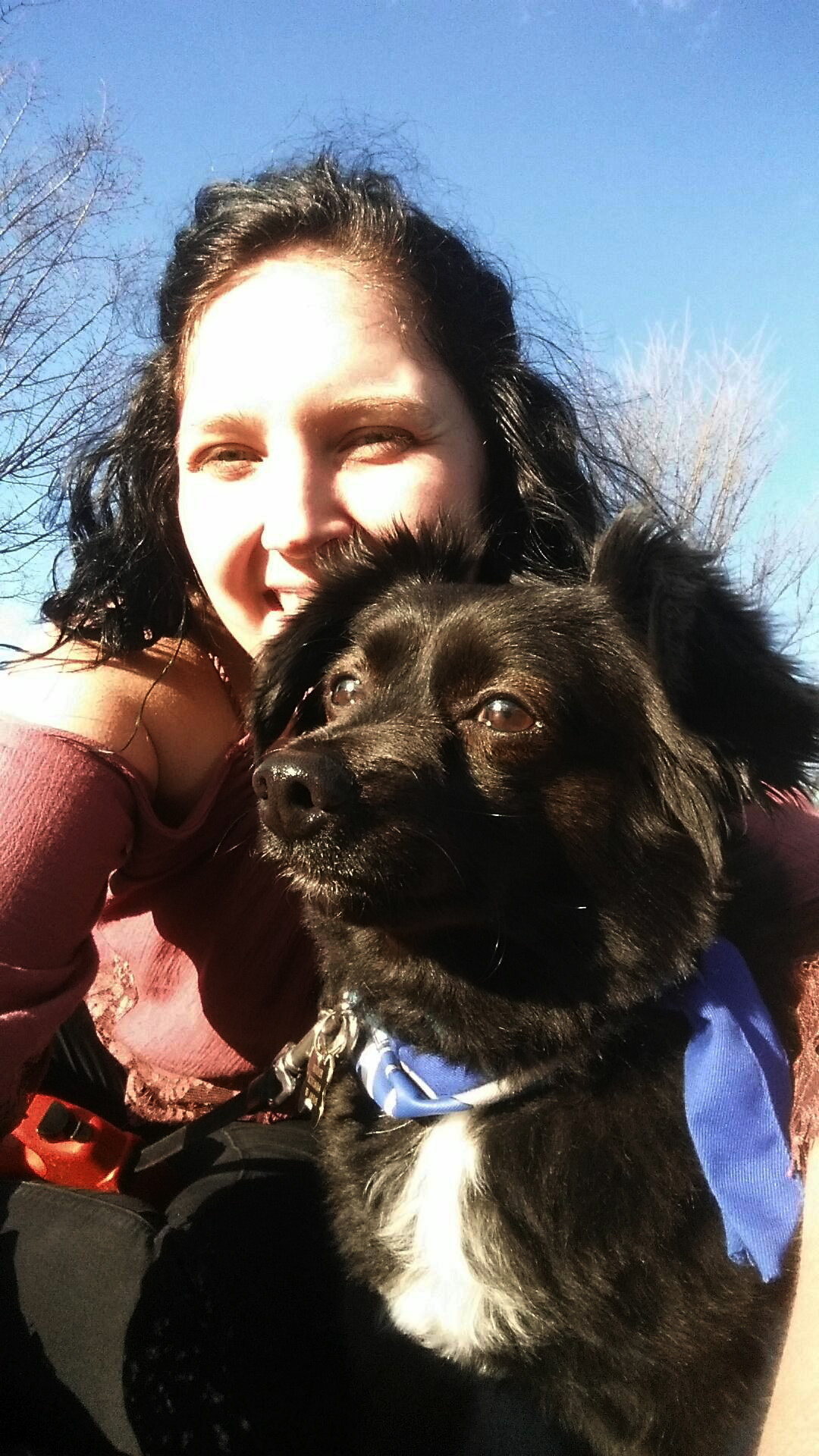
Students with disabilities who undergo all university procedures can be permitted to have their assistance animals live on campus and even have the animal accompany them to class.
Sophomore nursing major Teea Cesare has her Pomeranian poodle, Penguin, living with her in Saylor-Ackermann dormitory room as an assistance animal.
“I have had Penguin for five years, but he has only been living with me on campus for this semester,” Cesare said. “Since he has been with me on campus I have only had one panic attack on campus and none as severe as last semester without him.”
The accommodations that the disability services office has made for Cesare has made a substantial difference in her experience with residential life.
“I am stoked about the differences I have experienced,” Cesare said. “I haven’t had any of the side effects that I had before [Penguin moved on-campus].”
Students in need of an assistance animal in university housing can begin the process by contacting disability services. Requests for accommodations are considered on a case-by-case basis and require documentation from a third-party for verification.
“Once we engage in the initial steps, I meet with students to get a better understanding from their perspective what symptoms and limitations they have experienced and how it affects them in student life, and we work together to develop an accommodation plan,” Jennifer Speakman, director of disability services, said. “It’s an interactive plan involving myself, the student, and if academics are involved, the professors.”
If the request for an assistance animal is approved, disability services collaborates with residential life to ensure a smooth and successful implementation of the accommodation. In circumstances where the assistance animal is living on campus, the disability services office reaches out to other students in the vicinity to make sure there are no identifiable animal concerns, such as allergies.
Cesare spoke highly of the process to bring Penguin on campus.
“I listed my dog as an emotional support dog and met with Dr. Speakman, who said ‘Let’s get this done as soon as possible,’” Cesare said. “We then emailed the floor in case of allergies, and I got my roommate’s approval.”
Speakman and the disability services office use a procedure that follows professional guidelines from the American with Disabilities Act and the U.S. Department of Housing and Urban Development’s Fair Housing Act.
“It is a well-established procedure, but there are always professional guidelines that are changing,” Speakman said. “As we learn about those things and as new literature is published, we will adapt procedures to make sure they align with the most recent literature available.”
Disability services and residential life also works closely with the student to ensure the safety and health of the animal, as well as owner control of the animal.
“Penguin is used to having more space, but it hasn’t been an issue really,” Cesare said regarding the care-taking of Penguin. “I take him out, and we take him on walks to Starbucks. He loves to play in the snow.”
It is important to understand that only service animals that are individually trained to do work and perform task for the individual with a disability will be permitted to live on-campus, according to Speakman.
Cesare is grateful that Capital faculty have gone out of their way to make the necessary accommodations for her to bring Penguin.
“Studies show how helpful [assistance animals] can be,” Cesare said. “It’s nice that Capital is reaching out to help me, and it’s particularly great because there are a lot of schools out there that don’t care the way they do.”
Students seeking accommodations can reach out to the disability services office to begin the process.
“What is important is that students understand that Capital is committed to accommodating students with disabilities,” Speakman said.

